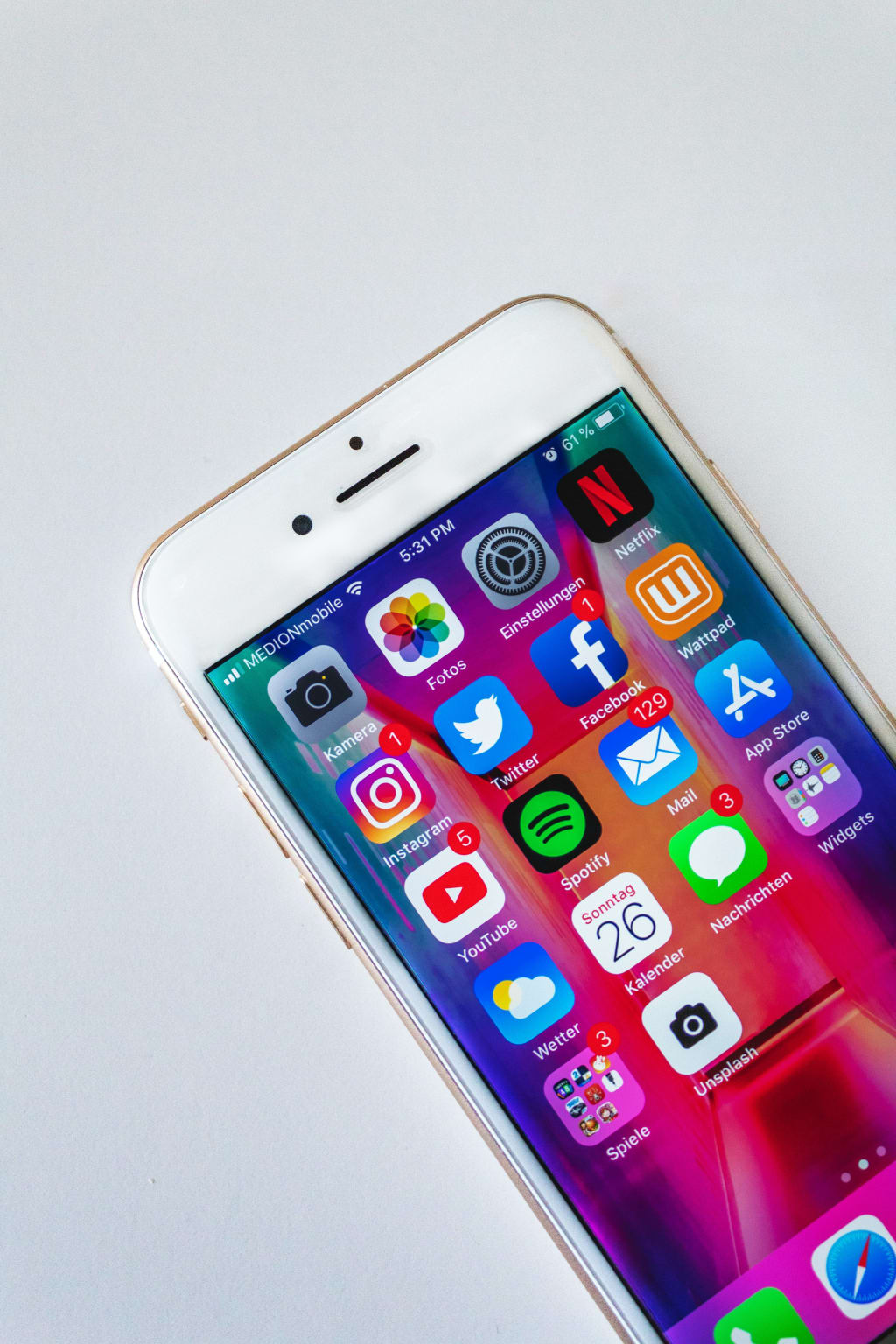
Social media platforms have revolutionized the way we connect, communicate, and interact with others. Over the past decade, platforms such as Facebook, Twitter, Instagram, and Snapchat have transformed various aspects of our lives. This essay aims to explore the profound impact of social media on society, focusing on its influence on communication, relationships, and the way we perceive ourselves and others.
Social media platforms have redefined communication by breaking down barriers of time and distance. Instant messaging, video calls, and real-time updates enable us to connect with friends, family, and even strangers across the globe. The ease and convenience of communication fostered by social media have made it an integral part of our daily lives. However, the brevity of online interactions may lead to misunderstandings and misinterpretations, as nuances of tone and body language are lost. This highlights the need for caution and effective digital communication skills.
Social media has both positively and negatively impacted relationships. On one hand, it has facilitated the maintenance of long-distance relationships, rekindled old friendships, and brought communities together. On the other hand, it has presented challenges to genuine connections. The "friend" and "follower" culture can lead to a superficial sense of connection, where quantity overshadows quality. Furthermore, social media can contribute to feelings of jealousy, loneliness, and low self-esteem as individuals compare their lives to carefully curated online personas.
The rise of social media has profoundly affected how we perceive ourselves and others. In the pursuit of validation and approval, individuals may carefully construct idealized versions of their lives, sharing only the highlights and omitting the struggles. This can lead to the phenomenon of "social media envy," where users experience dissatisfaction with their own lives in comparison to the seemingly perfect lives of others. Moreover, the pressure to conform to societal standards of beauty and success can result in negative self-perception and contribute to mental health issues such as anxiety and depression.
Social media's impact extends beyond individual experiences, influencing society as a whole. It has become a powerful tool for information dissemination, activism, and social change. Movements such as #BlackLivesMatter and #MeToo have gained momentum through social media, bringing awareness to important social issues. However, the spread of misinformation, echo chambers, and cyberbullying are also significant concerns. Social media algorithms can reinforce existing beliefs and isolate individuals from diverse perspectives, potentially polarizing society.
The widespread use of social media has raised concerns about privacy and data security. Users willingly share personal information, photos, and location data, which can be exploited by malicious actors. Instances of data breaches and privacy violations have highlighted the need for stronger safeguards and increased user awareness regarding privacy settings and data sharing practices.
The constant presence of social media in our lives has raised concerns about its impact on mental health. Studies have shown associations between excessive social media use and increased rates of anxiety, depression, and body image dissatisfaction. The addictive nature of social media and the constant need for validation through likes and comments can negatively impact overall well-being.
The impact of social media on society cannot be understated. While it has provided unparalleled connectivity, it has also brought forth new challenges and complexities. Social media's influence on communication, relationships, and self-perception is a double-edged sword. To harness its benefits and mitigate its drawbacks, individuals must be mindful of their online interactions, cultivate authentic connections, and critically evaluate the content they consume. Additionally, society must work collectively to address the ethical and psychological implications of social media use. Only through thoughtful engagement can we navigate the ever-evolving landscape of social media and its impact on our lives.





Comments
Eva Perry is not accepting comments at the moment
Want to show your support? Send them a one-off tip.